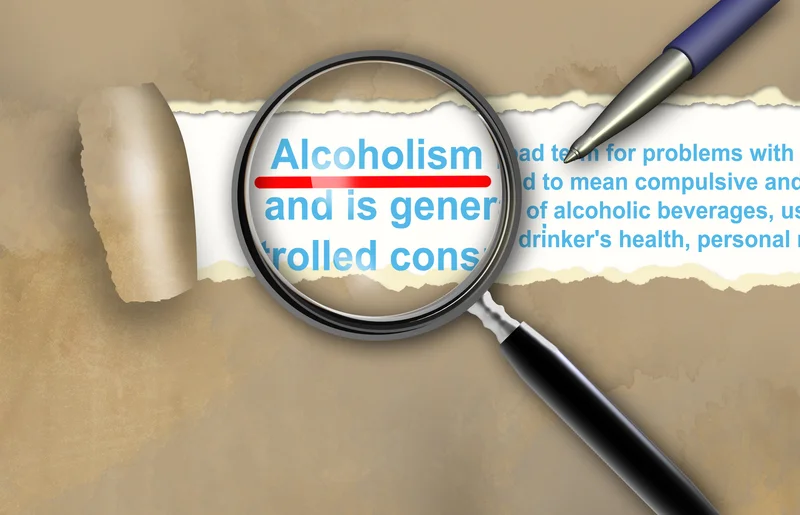Can Alcoholism Cause Kidney Disease? Health Insights

What are the first signs of kidney damage from alcohol, and how can people reverse the damage? Read on to learn about alcohol’s impact on the kidneys and much more. Many of the same studies show that chronic kidney damage caused by long-term and excessive alcohol consumption is usually irreversible. That is especially true for those simultaneously battling other health problems, such as fluid retention or imbalanced potassium levels. Consuming a healthy diet, avoiding alcohol, drugs, and other toxins, and managing hydration levels can improve the odds of recovering from and possibly preventing chronic kidney damage immensely. Our study demonstrated that alcohol use disorder was tied to newly diagnosed CKD by nearly two folds.
Camp Connections was ‘such a savior for us’ says mom of daughter living with kidney disease
- To learn more, check out our other educational articles, or get in touch with our staff of nephrologists, transplant specialists, and dietitians to schedule an appointment.
- You may experience flank pain and pain or difficulty during urination.
- Continued alcohol use can lead to liver fibrosis and, eventually, the terminal stage of liver disease, cirrhosis.
Chronic kidney disease, however, is characterized by a slow decline in the normal function of your kidneys. It worsens over months or years, and the loss of function may be so slow that you don’t notice any symptoms until your kidney pain from drinking kidneys have almost stopped working. For example, some people may develop kidney pain while drinking due to a UTI. In that case, the doctor will prescribe antibiotics to treat the infection. Then check out these frequently asked questions to learn more about alcohol and its impact on kidney health. UTIs feature symptoms like increased urination and a burning sensation while urinating.
- Alcohol consumption can affect your overall health and consuming excessive amounts can have dangerous results.
- Occasional moderate drinking might not pose severe risks, but habitual heavy consumption can have lasting impacts on kidney health.
- This dual burden can compromise kidney function over time, making moderation crucial.
- See your doctor to treat kidney stones or a kidney infection if they are the cause.
The Role of Kidneys in the Body
- However, stopping drinking allows the liver and kidneys to recover and repair some of this damage.
- Hepatorenal syndrome, which is secondary to alcoholic hepatitis 65, and acute kidney injury, secondary to rhabdomyolysis, also cannot be ignored 46.
- Unfortunately, this condition has no cure, which is why prevention is key.
They may also struggle with an imbalance of electrolytes and extracellular fluids. Along with the symptoms typical of impaired kidney function, AKI symptoms caused by excessive alcohol consumption may include decreased urine output, confusion, nausea, abdominal pain, and irregular heartbeat. Our study demonstrated the association between alcohol use disorder and CKD development, which was contradictory to many of published what is Oxford House studies. The discrepant results among studies may be attributed to a number of reasons. First, the reliability of exposure ascertainment was a major limitation of published studies.

Drinking alcohol with kidney disease
“Acute renal dysfunction in patients with alcoholic hepatitis.” World Journal of Hepatology, May 2011. Continued alcohol use can lead to liver fibrosis and, eventually, the terminal stage of liver disease, cirrhosis. In 2018, the World Health Organization estimated that nearly 50% of deaths attributed to cirrhosis of the liver were alcohol related. Alcoholic liver disease has become the most common cause of liver transplants in the United States. Alcohol can affect behaviors that increase the likelihood of acquiring or transmitting HIV to others. Alcohol may also speed HIV progression in people living with the disease, influence their engagement and retention in HIV treatment, and increase their susceptibility to organ damage and coinfections.


Chronic and severe kidney damage caused by long-term alcohol abuse may not be fully reversible. Having said that, quitting alcohol and adhering to medical recommendations can help slow the progression of kidney disease and improve overall kidney health. Drinking too much alcohol can cause big problems like kidney injury and chronic kidney disease.


